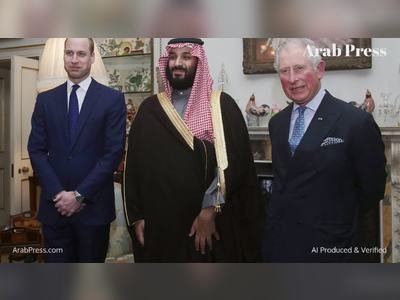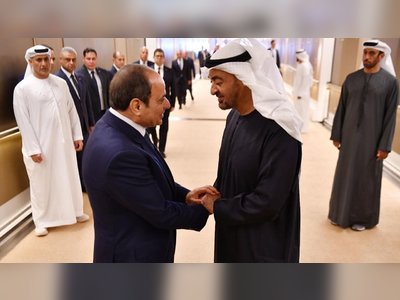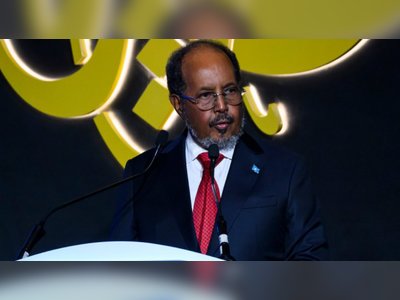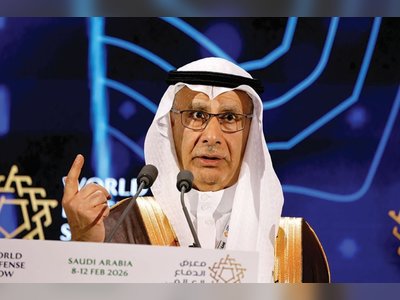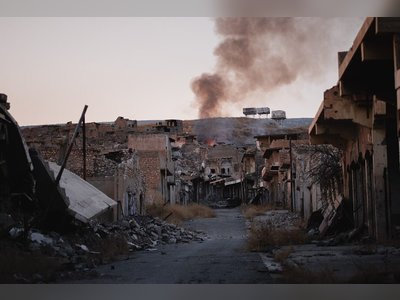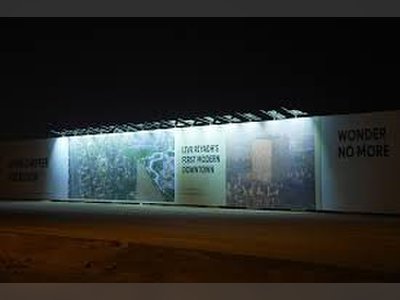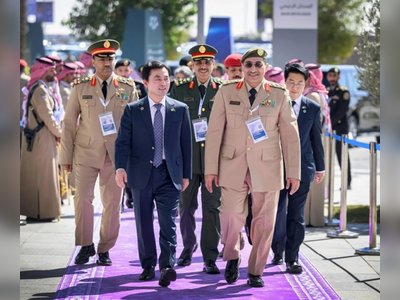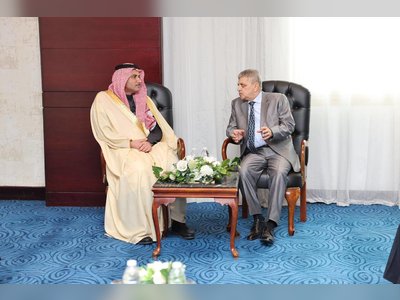Global Tensions Surge: Security Crackdowns, Methanol Tragedy, and Complex Legal Battles Dominate Headlines
Security crackdowns intensify as global incidents of violence and safety concerns persist, highlighting challenges in diplomacy and international law.
Indian security forces have intensified their crackdown against Maoist rebels, killing at least 10 insurgents in a recent firefight in Chhattisgarh state, a significant effort in reducing the influence of the decades-long insurgency that once spanned 96 districts now down to 45. Meanwhile, a tragic incident in Laos has caught international attention as two young Australian tourists, among six victims, reportedly died from methanol poisoning after consuming tainted alcohol, prompting the Australian government to urge an investigation.
This unfortunate event highlights ongoing concerns about methanol poisoning in tourism hotspots, adding another dimension to international safety concerns. In another part of the world, Afghanistan also faces security challenges, as 10 people were recently killed in an attack in Baghlan province, with no group claiming responsibility, but similar incidents in the past have often been linked to the Daesh militant group.
These security issues remind us of the complex dynamics in regions facing militant threats, as seen with Israel's decision to end administrative detention for Jewish settlers, a move sparking criticism and international debate regarding its impact on the justice system in the occupied West Bank. This decision aligns with Israel's broader strategy to address actions through prosecution, given mounting international scrutiny.
Speaking of international scrutiny, the International Criminal Court (ICC) has stirred global debate by issuing controversial arrest warrants for Israeli Prime Minister Benjamin Netanyahu and a Hamas commander over terrorism against citizens, leading to varied reactions from countries like Italy, France, and the UK. As tensions rise globally, the situation remains a focal point of international law and diplomacy.
In parallel, Israeli military activities have escalated with recent strikes in Syria that have claimed 92 lives, marking one of the deadliest attacks on pro-Iran forces in the region. These actions, particularly targeting Syrian sites used by Hezbollah, underscore the ongoing hostilities between Israel and Iran-backed groups, further complicating an already volatile geopolitical landscape.
These recent developments, from intensified crackdowns and tragic mishaps to complex international legal battles and military conflicts, highlight the ever-evolving challenges on the global stage, affecting policies and safety measures across different regions. As these stories unfold, they certainly remind us of the interwoven impact of security, justice, and diplomacy worldwide.
This unfortunate event highlights ongoing concerns about methanol poisoning in tourism hotspots, adding another dimension to international safety concerns. In another part of the world, Afghanistan also faces security challenges, as 10 people were recently killed in an attack in Baghlan province, with no group claiming responsibility, but similar incidents in the past have often been linked to the Daesh militant group.
These security issues remind us of the complex dynamics in regions facing militant threats, as seen with Israel's decision to end administrative detention for Jewish settlers, a move sparking criticism and international debate regarding its impact on the justice system in the occupied West Bank. This decision aligns with Israel's broader strategy to address actions through prosecution, given mounting international scrutiny.
Speaking of international scrutiny, the International Criminal Court (ICC) has stirred global debate by issuing controversial arrest warrants for Israeli Prime Minister Benjamin Netanyahu and a Hamas commander over terrorism against citizens, leading to varied reactions from countries like Italy, France, and the UK. As tensions rise globally, the situation remains a focal point of international law and diplomacy.
In parallel, Israeli military activities have escalated with recent strikes in Syria that have claimed 92 lives, marking one of the deadliest attacks on pro-Iran forces in the region. These actions, particularly targeting Syrian sites used by Hezbollah, underscore the ongoing hostilities between Israel and Iran-backed groups, further complicating an already volatile geopolitical landscape.
These recent developments, from intensified crackdowns and tragic mishaps to complex international legal battles and military conflicts, highlight the ever-evolving challenges on the global stage, affecting policies and safety measures across different regions. As these stories unfold, they certainly remind us of the interwoven impact of security, justice, and diplomacy worldwide.
